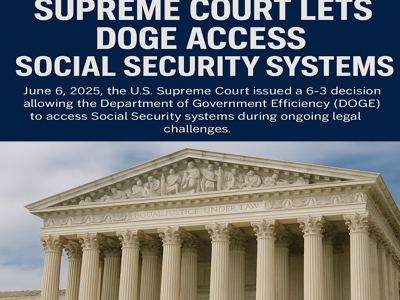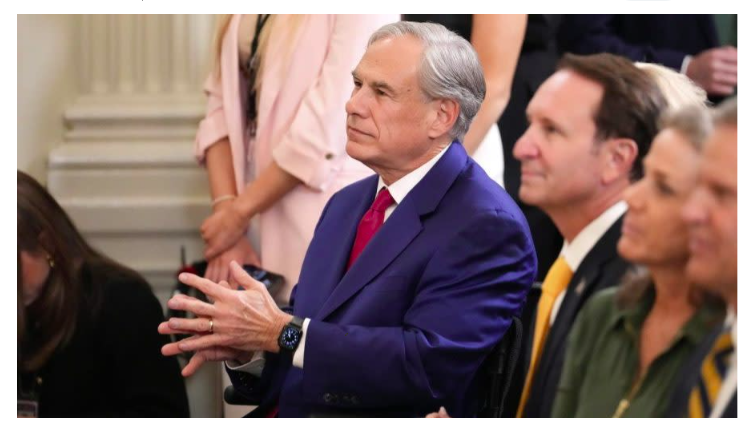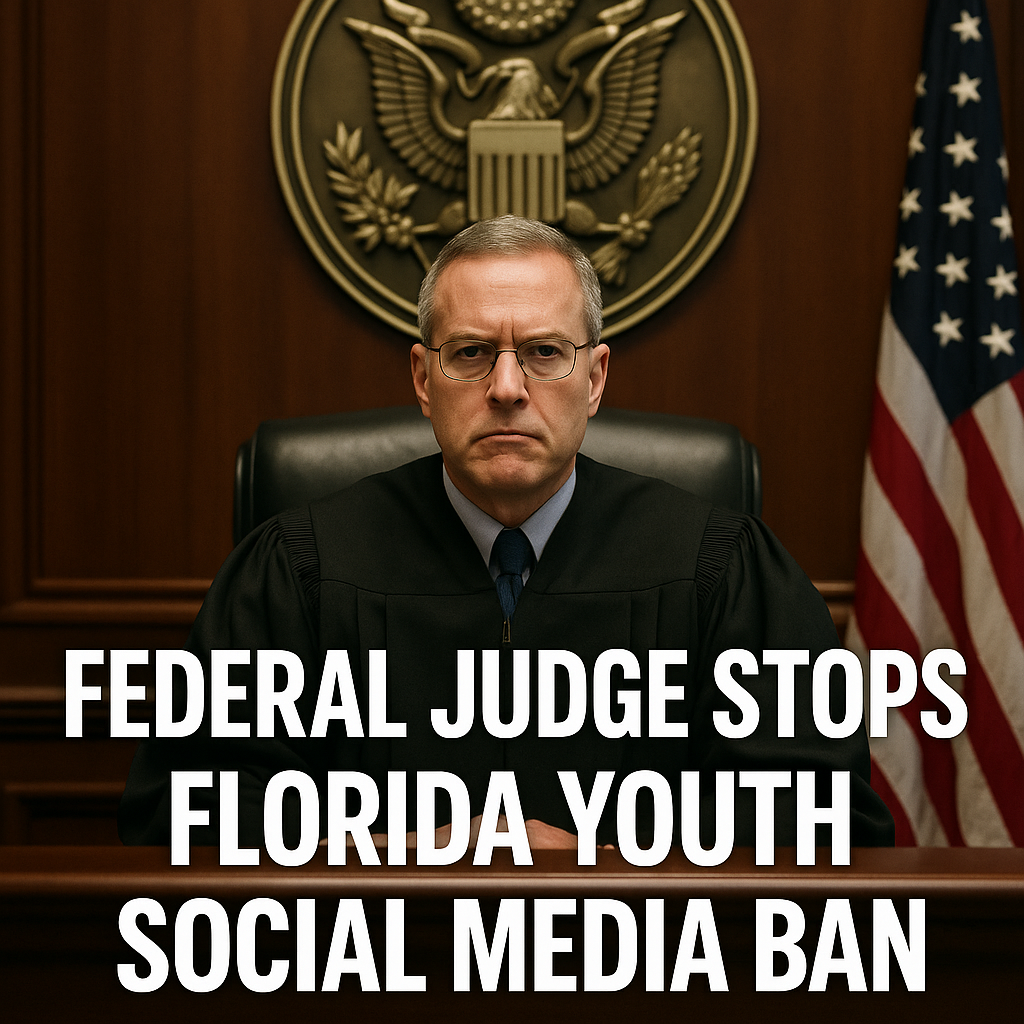Supreme Court Grants DOGE Access to Social Security Data Amid Ongoing Legal Challenges
In a significant development on June 6, 2025, the U.S. Supreme Court issued a 6–3 decision allowing the Department of Government Efficiency (DOGE) to access sensitive data from the Social Security Administration (SSA) while legal proceedings continue.
DOGE, established by President Donald Trump and initially overseen by Elon Musk, aims to streamline government operations and reduce fraud. The Supreme Court’s decision temporarily lifts an injunction from a Maryland district court that had restricted DOGE’s access to SSA records due to privacy concerns.
The Court’s majority emphasized the public interest in combating fraud and waste within federal programs. They noted that DOGE’s mission aligns with the government’s responsibility to ensure efficient use of taxpayer funds.
Justice Ketanji Brown Jackson, joined by Justices Sonia Sotomayor and Elena Kagan, dissented, expressing concerns over potential privacy violations and the precedent set by granting such access before the resolution of legal challenges.
The SSA’s databases contain extensive personal information, including Social Security numbers, medical histories, and financial records. Critics argue that granting DOGE access without stringent safeguards could lead to misuse of data.
Supporters of the decision highlight the necessity of equipping agencies like DOGE with the tools needed to identify and eliminate fraudulent activities within government programs. They argue that timely access to data is crucial for effective oversight.
The Supreme Court also addressed a separate case involving DOGE’s transparency obligations. The Court limited a lower court’s order that had required DOGE to release internal records to watchdog groups, citing concerns over executive branch confidentiality.
This dual ruling represents a legal victory for the Trump administration, reinforcing its efforts to reform federal agencies and reduce bureaucratic inefficiencies.
Elon Musk, who stepped down from his role with DOGE last month, had previously described Social Security as a “Ponzi scheme” and advocated for aggressive measures to address perceived fraud within the system.
The decision has sparked debate over the balance between government efficiency and individual privacy rights. While some view the ruling as a necessary step toward accountability, others caution against potential overreach.
As legal challenges proceed, the implications of the Supreme Court’s decision will continue to unfold, shaping the future of government oversight and data privacy in the United States.





